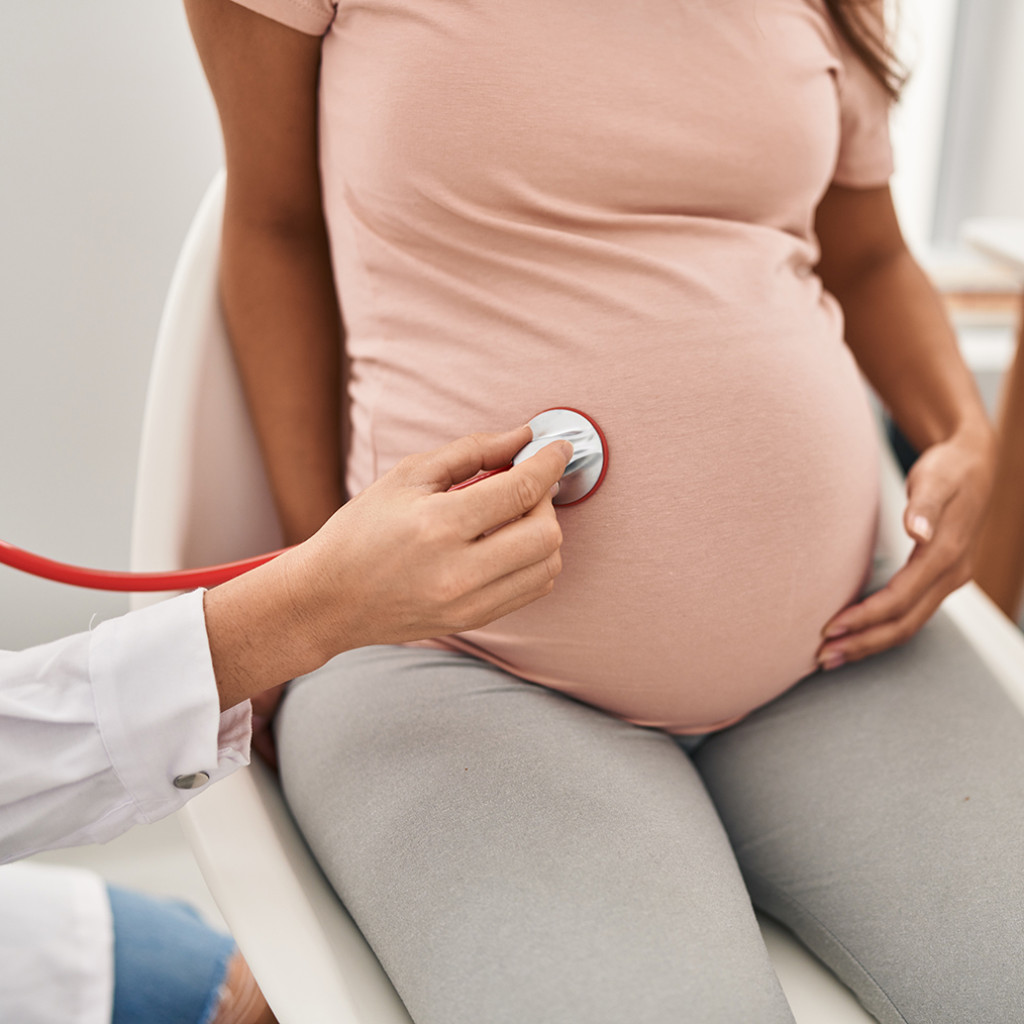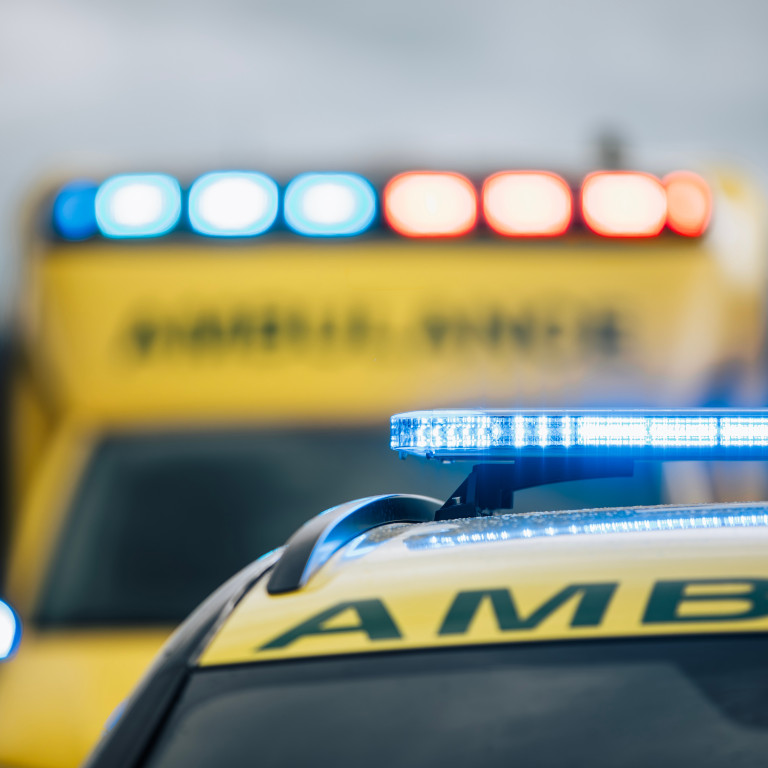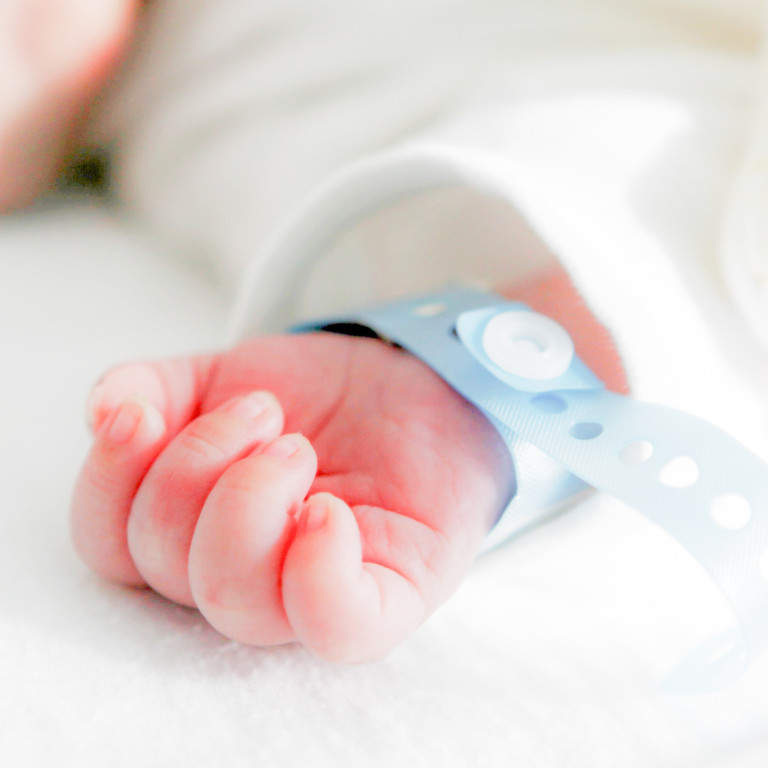Andrew Cox, Senior Coroner for Cornwall and the Isle of Scilly, has ruled that the death of twin babies at Treliske Hospital could have been avoided after doctors failed to diagnose their mother with a rare condition.
Cornwall Live reported that Kim was stillborn, and baby Kam died three weeks later at Derriford Hospital in Plymouth after being transferred to the specialist neonatal unit. It is devastating to learn that, whilst there were appropriate policies and procedures in place at the Trust, these were not followed. Had this been the case, tragically it was found that both babies could have survived.
We act for parents who have suffered the loss of a baby and help them in understanding what happened and why their babies are not safely in their arms.
During the three-day hearing at the Cornwall Coroners Court in Cornwall, the twins mum, Rachel Preston, bravely expressed her grave concerns to the Court about the treatment and care provided to her and her twins whilst under the care of Treliske Hospital leading up to her caesarean section in 2021.
Rachel explained how she had attended the accident and emergency department reporting severe pain, and the doctors failed to diagnose her with twin-to-twin transfusion syndrome. It was known that Rachel was expecting twins, and therefore was categorised as high risk, however the doctors in the emergency department failed to recognise this and therefore did not refer her for review by a specialist obstetrician.
The loss of a baby is undoubtedly devastating for families. In this case, Rachel and her partner Dean sought the support of doctors in the emergency department concerned about the level of pain she was experiencing and did all they could to seek help and care for their unborn twins.
Rachel explained that in the hospital investigation, it stated that had she been provided with appropriate care, her children would likely be alive and she says: “I cannot put into words how painful that is”.
Rachel goes on to explain:
“I am completely and utterly devastated and struggle significantly with the fact that the outcome could have been very different. It has caused me to question everything about my life, my home, my career and my relationships and most of the time I feel completely Isolated in dealing with the grief.”
An independent report after the deaths of baby Kim and Kam found that there were multiple opportunities for several medical professionals to intervene that could have led to a different outcome and that there were gross failures leading to their deaths.
Mr Cox recorded that there were “a number of shortcomings” extending this to explain that the care leading up to the twins being born that amounted to “gross failings of basic medical care” and “gross failings of basic nursing care” over the three day period in November 2021 when she visited the emergency department.
The coroner has authority to enforce policy and procedural change to seek improvements in care if shortcomings are identified, but in this case, he did not issue any Prevention of Future Death report as he was confident that the hospital had already taken steps to prevent such an occurrence happening again.
Royal Cornwall Hospitals Trust issued a statement in which they said:
“We are deeply sorry for the shortcomings in our care and for the profound and lasting effect on the lives of Kim and Kam’s parents following the tragic deaths of their twins.
"The coroner’s inquest has concluded and we fully accept the errors identified meant we missed opportunities to diagnose twin to twin transfusion syndrome, and for this we sincerely apologise."
The PMRT National Perinatal Mortality Report suggests that up to 1 in 5 deaths are potentially avoidable if national and local guidelines around maternity safety were appropriately used for every pregnancy and birth.
Luna’s Fund are a local charity dedicated to supporting families in the South West that have suffered the devastation of stillbirth or neonatal death. Aimee, the charity’s CEO, says:
“Every loss of a baby is truly devastating. It impacts the parents, grandparents and family members so deeply, but the loss of twins amplifies this heartache. This, coupled with the knowledge that the babies’ deaths were avoidable and that opportunities were missed, adds immeasurable torment and suffering. Luna’s Fund are here for all families in Cornwall, Plymouth and the surrounding areas as they navigate their journey through life after loss.”
This week we saw World Patient Safety Day, aiming to reduce patient harm, and as we approach Baby Loss Awareness Week 2024, it is crucial that there are improvements in maternity care across all settings to reduce the number of babies who die avoidable due to poor care.
How we can help
If you or a family member are concerned about care following the loss of a baby, please contact our specialist medical negligence team for more support.





